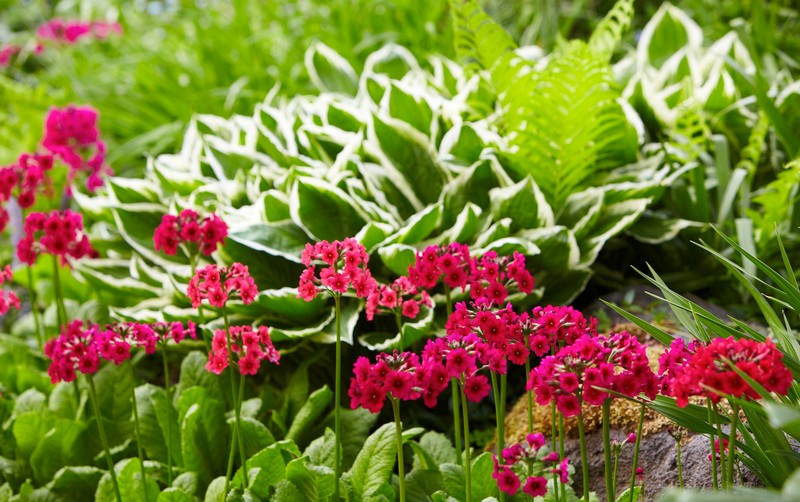As every gardener knows, the beauty of a lush, green garden isn’t simply the vibrant colors or enchanting aromas. It’s the tranquility and connection with Mother Nature, a relationship we must cherish and protect. In an age of increasing environmental concerns, sustainable practices have become more important than ever. Here at Home and Garden Hub, we believe in paving the way for a greener future, starting in your backyard.
With our eco-friendly gardening techniques, every homeowner can turn their garden into a sustainable sanctuary, nurturing their plants and the planet simultaneously.
1. Composting: Natural Recycling
Start your journey towards eco-friendly gardening with composting. This practice utilizes organic kitchen waste like vegetable peels, coffee grounds, and eggshells, turning them into rich, nutrient-dense soil. This home-made compost nourishes your plants while reducing your household waste, a win-win for your garden and the environment.
2. Harvesting Rainwater: Every Drop Counts
Water is a precious resource, and by installing a rainwater harvesting system, you can drastically reduce your water usage. Collect rainwater in barrels during wet seasons and use it for watering your plants. Rainwater is free of chlorine and other chemicals present in tap water, making it the perfect, natural hydration for your garden.
3. Planting Native Species: Adapted and Adaptable
Embrace your local ecosystem by planting native species. These plants have evolved over thousands of years, making them resilient to local pests and diseases and reducing the need for harmful pesticides. Plus, they often require less water and maintenance, making them an excellent choice for an eco-friendly garden.
4. Organic Mulching: Lock in Moisture, Lock out Weeds
Organic mulch such as grass clippings, shredded bark, or straw can be a gardener’s best friend. By covering your soil with a layer of mulch, you help conserve moisture, suppress weed growth, and add nutrients back into the soil as the mulch decomposes. This simple practice can dramatically reduce your need for watering and weeding.
5. Encouraging Biodiversity: Welcoming Wildlife
Inviting biodiversity into your garden isn’t just eco-friendly, it’s essential. Birds, bees, butterflies, and other beneficial insects play crucial roles in pollination and pest control. By providing habitats like birdhouses or bee hotels and planting a variety of flowering species, your garden becomes a haven for these essential creatures.
6. Natural Pest Control: Ditch the Chemicals
Instead of reaching for harsh chemical pesticides, consider natural alternatives. Companion planting, introducing beneficial insects, or creating DIY insecticidal sprays using household items like garlic and vinegar can all help keep pests at bay in a safer, eco-friendlier way.
7. Sustainable Gardening Tools: Invest in the Long-Run
Finally, opt for durable, long-lasting tools instead of cheap, disposable ones. Choosing tools with replaceable parts or those made from sustainable materials can significantly reduce your gardening carbon footprint.
At Garden Hub, we believe that eco-friendly gardening is more than a trend – it’s a necessity. By adopting these techniques, every homeowner can play a vital part in caring for our planet. After all, in the garden of life, we are all caretakers. So, let’s commit to nurturing our green spaces in a way that respects and preserves the world around us.

